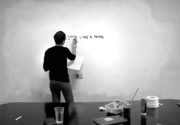
Habiba: ‘Arab spring’. Jesus. Antonia: Illusion? Lina: I don’t understand, we don’t have spring in the first place. [Laughter] [Everyone talking at once.] Maha: Like what is it? Habiba: No, I think Arab Spring came out of the Prague Spring. Heba: Spring in Arabic is the best time of the year. Omar: Because it was […]
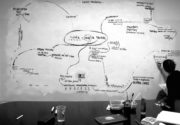
Habiba: Speaking of deeply, I hear, not that I have actually researched it, there is a lot of controversy around the ‘deep state’. I heard people debate about it. I was wondering if that was an issue with you guys. Heba: I think actually ‘deep state’ is a bit less problematic, it is actually not […]
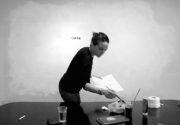
Adelita: ‘Coup’ was going to be another word we were going to discuss. Antonia: Because coup could still be a change in the system, but not supported by the population, right? Adelita: Should we look at it up. Lina: Coup is cutting no? Habiba: You are the French speaking one. Lina: ‘Couper’ is to cut. […]
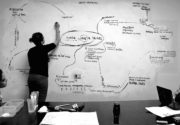
Adelita: So you mentioned depression, would you be closer to depression or disillusion? I have the two definitions here, I will read them out, ‘depression’ is: a severe despondency in the INAUDIBLE WORD 6:28 typically felt over a period of time, accompanied by feelings of hopelessness and inadequacy”. ‘Disillusion’ would be “a feeling of disappointment […]
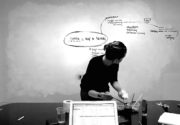
Antonia: The terrorists were used within the rhetoric of Habiba: of the western … Omar: In the 1990s… Egypt had some Habiba: Yea, in the 1990s, you had some terrorism. In 1994, in Luxor. Omar: It was 1993. Habiba: You had a bit of whatever. But ever since then, only after 9/11, it became very […]
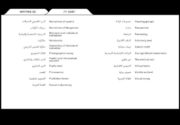
There are sentences written ten years ago that can no longer be written; things I wrote yesterday, I may have a hard time repeating today. The act of writing is tethered to its moment, a brief instant relative to the lifespan of the sentence itself. What we write may survive us, and so when writing […]
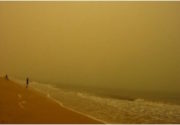
3 Last night I met a friend from years ago. We were, once more, all over again, not knowing what our bodies remembered, almost new to each other. As though nothing bad had happened. And then again tonight, from across the table, our drinks between us, I noticed – “What’s that ring on your […]
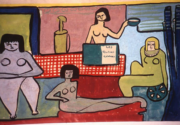
A clear plastic bag bursting with papers of various yellows and grays – this is what Saloua Raouda Choucair reached for in the cupboard next to her bed. She pulled out of it press reviews of her work and interviews conducted with her over the past forty years. Her favorites were at the top of […]
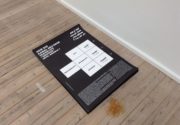
Bilingual English/ Arabic art publications, Cover photos pasted on wood, various format collected by Fehras Publishing Practices, 2015-16 A few months ago, we at Fehras Publishing Practices began looking at a phenomenon of the past decade we refer to as “the transformation of modern Arabic in the context of the rise of Arab cultural […]

Rasha Salti interviews Omar Amiralay How did the ciné-club begin? It was founded in 1952 by a man whose name was Dr. Haddad, if my memory serves me right, he was a French-language professor at the university. The Damascus Ciné-club was instituted to show films to catholic schools students, in other words, it was part […]